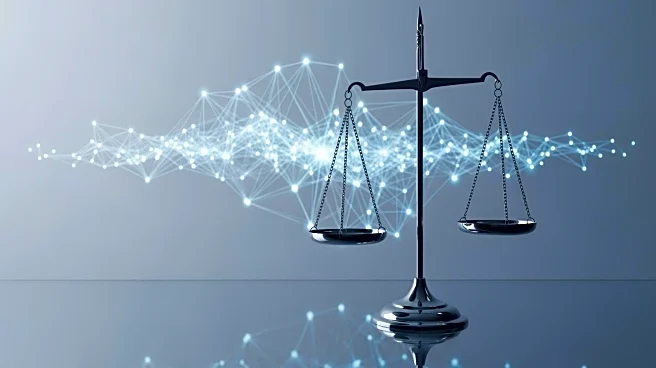Rapid Read • 7 min read
Haiti became the world's first black-led republic and the first independent Caribbean state after gaining independence from France in the early 19th century. However, this independence came at a significant cost, as Haiti was forced to pay reparations to France, which were not fully paid off until 1947. The country has faced chronic instability, dictatorships, and natural disasters, including a devastating earthquake in 2010. The assassination of President Jovenel Moïse in 2021 has further destabilized the nation, leading to economic chaos and increased gang violence.
AD
Haiti's history of paying reparations to France highlights the long-term economic impacts of colonialism and the challenges faced by post-colonial states. The country's ongoing instability and economic struggles are significant for regional security and development. Haiti's situation serves as a case study in the effects of historical debts and the importance of international support in rebuilding and stabilizing nations. The assassination of President Moïse and the subsequent chaos underscore the fragility of political systems in countries with a history of dictatorship and instability.
The future of Haiti remains uncertain as the country continues to face political and economic challenges. The international community may need to increase support to help stabilize the nation and address the root causes of its struggles. Efforts to rebuild infrastructure and improve governance are crucial for Haiti's development. The upcoming elections will be a critical step in determining the country's political future and its ability to overcome current challenges.
Haiti's struggles are deeply rooted in its colonial past and the economic burdens imposed by reparations. The country's resilience and cultural heritage are important aspects of its identity, but they are often overshadowed by its challenges. Addressing Haiti's issues requires a comprehensive approach that considers historical injustices and the need for sustainable development and governance.
AD
More Stories You Might Enjoy











